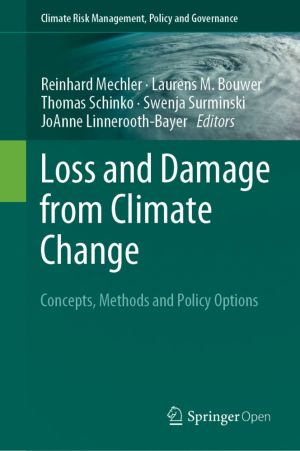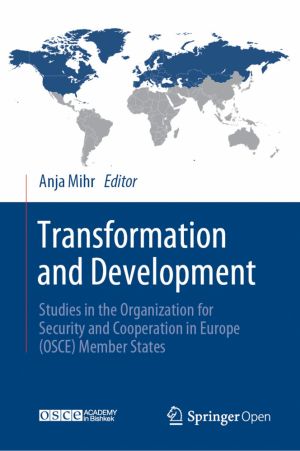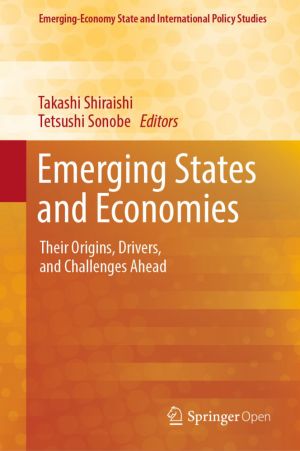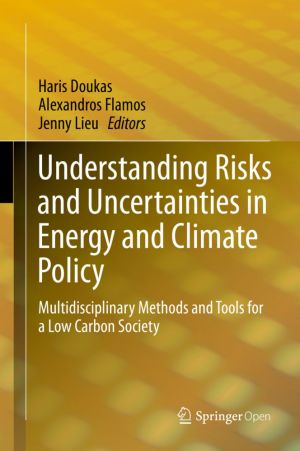Understanding Risks and Uncertainties in Energy and Climate Policy
Multidisciplinary Methods and Tools for a Low Carbon Society
by Haris Doukas, Alexandros Flamos, Jenny Lieu
DescriptionDetailsHashtagsReport an issue 






Book Description
This book analyzes and seeks to consolidate the use of robust quantitative tools and qualitative methods for the design and assessment of energy and climate policies. In particular, it examines energy and climate policy performance and associated risks, as well as public acceptance and portfolio analysis in climate policy, and presents methods for evaluating the costs and benefits of flexible policy implementation as well as new framings for business and market actors. In turn, it discusses the development of alternative policy pathways and the identification of optimal switching points, drawing on concrete examples to do so. Lastly, it discusses climate change mitigation policies' implications for the agricultural, food, building, transportation, service and manufacturing sectors.This open book is licensed under a Creative Commons License (CC BY). You can download Understanding Risks and Uncertainties in Energy and Climate Policy ebook for free in PDF format (6.0 MB).
Book Details
Title
Understanding Risks and Uncertainties in Energy and Climate Policy
Subject
Economics and Finance
Publisher
Springer
Published
2019
Pages
271
Edition
1
Language
English
ISBN13
9783030031510
ISBN10
3030031519
ISBN13 Digital
9783030031527
ISBN10 Digital
3030031527
PDF Size
6.0 MB
License

Related Books

This book provides an authoritative insight on the Loss and Damage discourse by highlighting state-of-the-art research and policy linked to this discourse and articulating its multiple concepts, principles and methods. Written by leading researchers and practitioners, it identifies practical and evidence-based policy options to inform the discourse...

This book features various studies on democratization, transformation, political and economic development, and security issues in the Organization for Security and Cooperation in Europe (OSCE) geographical region and beyond. Written by experts and academics in the fields of human rights, security, transformation and development, particularly in pos...

This open access report explores the nature and extent of students' misconceptions and misunderstandings related to core concepts in physics and mathematics and physics across grades four, eight and 12. Twenty years of data from the IEA's Trends in International Mathematics and Science Study (TIMSS) and TIMSS Advanced assessments are anal...

Higher education in Europe and beyond faces a series of major challenges. The economic crisis has accelerated expectations of an increased role in addressing economic and societal challenges while, at the same time, putting pressure on available finances. Broader trends such as shifting student demographics and expectations, globalisation and mobil...

This open access report presents findings from the five Latin American countries that participated in the second cycle of the IEA International Civic and Citizenship Education Study (ICCS 2016). ICCS 2016 investigated the ways in which a range of countries are preparing their young people to undertake their roles as citizens during the second decad...

This book asks why and how some of the developing countries have "emerged" under a set of similar global conditions, what led individual countries to choose the particular paths that led to their "emergence," and what challenges confront them. If we are to understand the nature of major risks and uncertainties in the world, we m...

